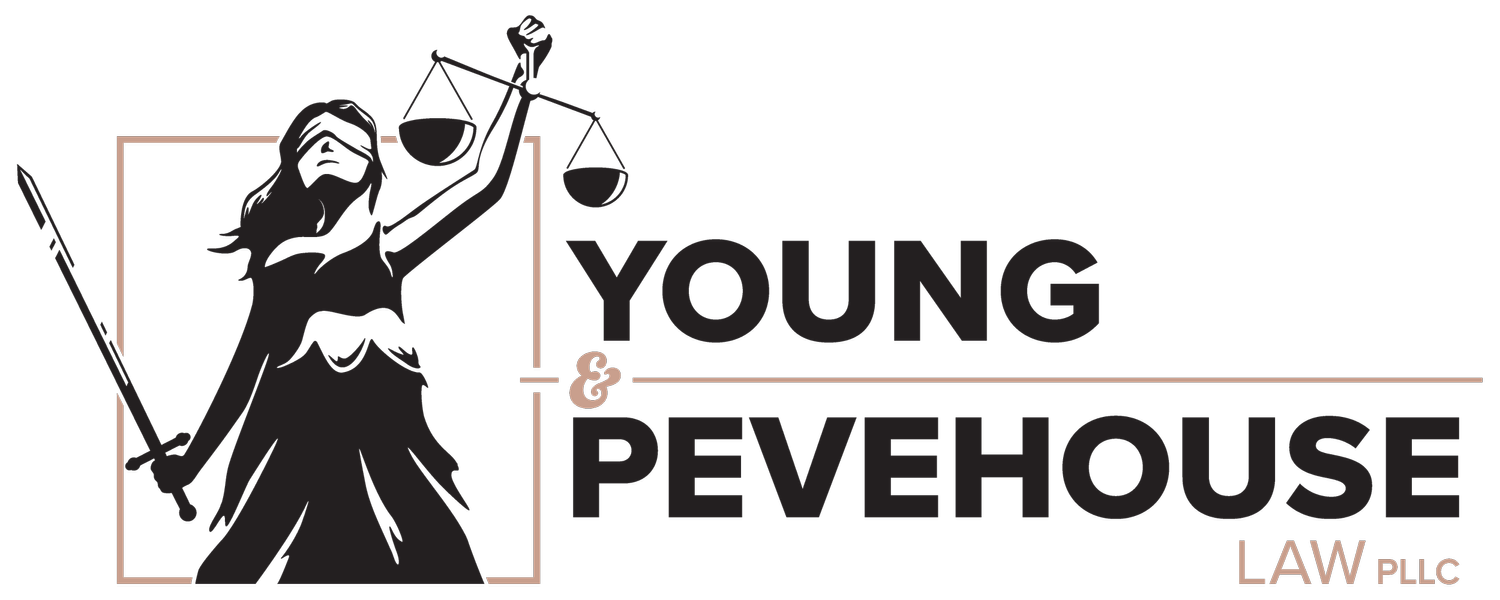How Women Entrepreneurs Can Overcome Legal Challenges in Business
1. Securing Funding and Financial Support
Securing funding is often one of the biggest hurdles for women entrepreneurs. Legal challenges can arise in various forms, from understanding investment agreements to complying with regulations.
Understand Investment Agreements: Before accepting investment, thoroughly review and understand the terms of investment agreements. Consider hiring a lawyer to help you navigate complex legal language and terms.
Seek Women-Centric Funding Sources: Look for grants, loans, and investment programs specifically designed to support women entrepreneurs. Organizations like the Small Business Administration (SBA) offer resources tailored to women-owned businesses.
Maintain Compliance: Ensure your business complies with all relevant financial regulations, including tax laws and reporting requirements. This can prevent legal issues down the line and build investor confidence.
By being well-informed and seeking targeted funding opportunities, you can better secure the financial support needed for your business.
2. Navigating Employment Law
Hiring and managing employees involves understanding and complying with various employment laws, which can be complex and multifaceted.
Employment Contracts: Draft comprehensive employment contracts that clearly outline job roles, responsibilities, compensation, and termination conditions. These contracts protect both you and your employees.
Compliance with Labor Laws: Stay informed about labor laws, including minimum wage requirements, overtime pay, workplace safety, and anti-discrimination laws. Regularly review and update your policies to remain compliant.
Implement HR Policies: Develop and implement HR policies that address issues such as harassment, discrimination, and workplace conduct. Ensure employees are aware of these policies and understand the procedures for reporting violations.
Navigating employment law effectively helps create a positive work environment and protects your business from potential legal disputes.
3. Protecting Intellectual Property
Protecting your intellectual property (IP) is crucial to maintaining your competitive edge and ensuring the value of your business.
Register Trademarks and Patents: Register your business name, logo, and any unique products or processes with the appropriate authorities to secure your IP rights.
Use Non-Disclosure Agreements (NDAs): When sharing sensitive information with employees, contractors, or potential partners, use NDAs to protect your business secrets.
Monitor and Enforce IP Rights: Regularly monitor the market for potential IP infringements and take legal action when necessary to enforce your rights.
Properly managing your IP helps safeguard your innovations and brand identity, ensuring your business maintains its unique value proposition.
4. Addressing Gender Bias and Discrimination
Women entrepreneurs often face gender bias and discrimination, which can present unique legal challenges.
Know Your Rights: Familiarize yourself with anti-discrimination laws and your rights as a business owner. This includes understanding laws related to gender discrimination, sexual harassment, and equal pay.
Create an Inclusive Workplace: Implement policies and practices that promote diversity and inclusion within your business. Ensure that all employees are treated fairly and have equal opportunities for advancement.
Seek Legal Support: If you encounter gender bias or discrimination, seek legal advice to understand your options and take appropriate action. Organizations such as the National Women's Law Center can provide resources and support.
Addressing gender bias proactively helps create a more equitable business environment and protects your rights as a woman entrepreneur.
5. Managing Contracts and Agreements
Contracts are the foundation of business relationships, and managing them effectively is key to avoiding legal issues.
Draft Clear Contracts: Ensure all business agreements, including those with suppliers, clients, and partners, are clearly drafted and legally sound. Consider consulting a lawyer to help with contract drafting and review.
Negotiate Favorable Terms: Don’t be afraid to negotiate contract terms that are favorable to your business. This includes payment terms, delivery schedules, and dispute resolution mechanisms.
Monitor Contract Compliance: Regularly review contracts to ensure all parties are fulfilling their obligations. Address any breaches promptly to prevent further complications.
Effective contract management helps build strong business relationships and reduces the risk of legal disputes.
6. Staying Compliant with Regulations
Compliance with local, state, and federal regulations is essential to operating a legal and successful business.
Understand Relevant Regulations: Identify and understand the regulations that apply to your industry and location. This includes licensing requirements, health and safety standards, and environmental regulations.
Implement Compliance Programs: Develop and implement compliance programs within your business to ensure ongoing adherence to regulations. This might involve regular training for employees and routine audits.
Seek Professional Guidance: Consult with legal professionals or compliance experts to stay informed about regulatory changes and ensure your business remains compliant.
Maintaining regulatory compliance protects your business from fines, legal action, and reputational damage.
7. Planning for Business Continuity
Planning for potential legal challenges and business continuity ensures your business can withstand unexpected events.
Develop a Business Continuity Plan: Create a plan that outlines how your business will continue operations during disruptions such as natural disasters, cyber-attacks, or legal disputes.
Obtain Adequate Insurance: Ensure your business has adequate insurance coverage, including liability, property, and business interruption insurance. This can help mitigate financial losses during crises.
Legal Preparedness: Have a legal strategy in place to address potential challenges. This includes having access to legal counsel and understanding the steps to take during a legal dispute.
Proactive planning helps your business remain resilient and capable of overcoming legal challenges.
8. Building a Strong Legal Network
Building a network of legal professionals and advisors can provide valuable support and guidance.
Engage with Legal Professionals: Establish relationships with lawyers, accountants, and business advisors who can provide ongoing legal support and advice.
Join Professional Associations: Participate in professional associations and networks for women entrepreneurs. These organizations often offer resources, training, and networking opportunities.
Stay Informed: Keep up to date with legal trends and changes that may impact your business. Attend workshops, webinars, and conferences to stay informed.
A strong legal network provides the support and resources needed to navigate legal challenges effectively.
By understanding and addressing these legal challenges, women entrepreneurs can protect their businesses and position themselves for long-term success. Proactive legal management helps ensure your business operates smoothly and is prepared to handle any legal issues that may arise. Remember, seeking professional advice and building a strong legal network are key components of a successful legal strategy.

